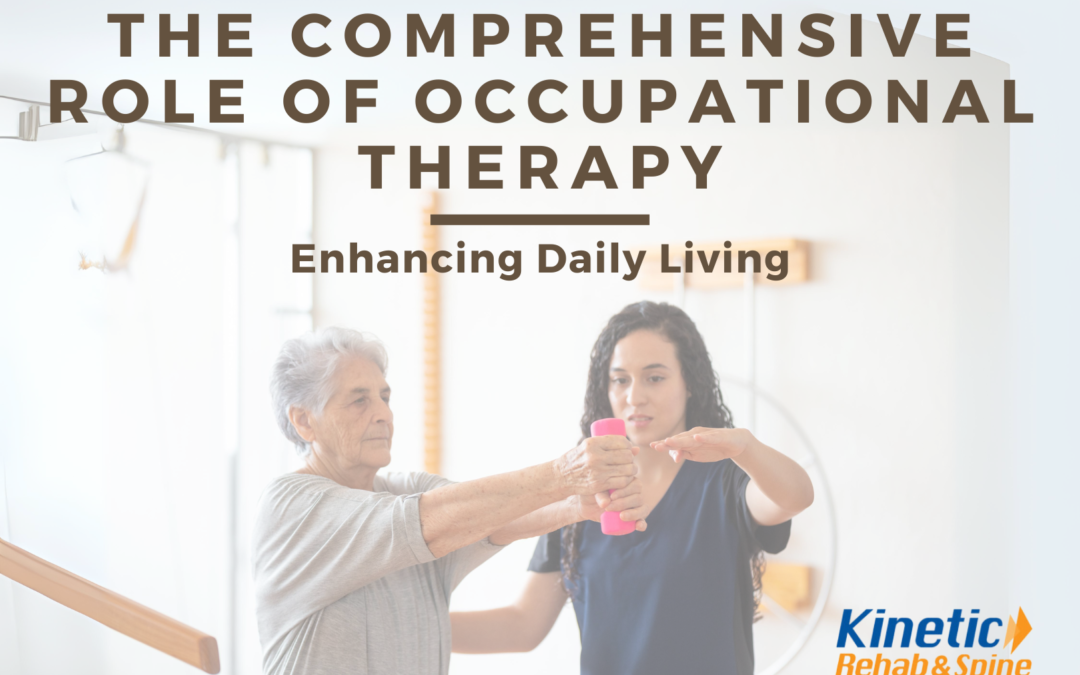Occupational therapy (OT) is vital in helping individuals regain independence in daily activities following injury, illness, or disability. It is a client-centered profession that addresses the physical, cognitive, and emotional challenges that may hinder a person’s ability to perform essential life tasks. Whether it’s helping children develop fine motor skills or aiding seniors in maintaining autonomy, occupational therapy is a transformative service that improves quality of life.
Understanding Occupational Therapy
Occupational therapy focuses on enabling individuals to engage in meaningful activities, or “occupations,” that are essential for everyday living. These occupations include personal care, work-related tasks, education, and leisure activities. The aim is not only to improve physical function but also to enhance emotional well-being and social interaction.
OT is distinct from other rehabilitative services like physical therapy in addressing a broader spectrum of challenges. While physical therapy (PT) often focuses on improving movement and physical strength, occupational therapy emphasizes adapting the environment, modifying tasks, and teaching skills to enhance participation in everyday activities.
Who Benefits from Occupational Therapy?
Occupational therapy can be beneficial for people of all ages, from children to the elderly. Common populations that benefit from OT include:
- Children with Developmental Delays: Pediatric occupational therapists work with children who have developmental disorders, such as autism or cerebral palsy, to improve motor skills, cognitive development, and social interaction.
- Adults Recovering from Injury or Surgery: People recovering from surgery, strokes, or traumatic injuries often require occupational therapy to relearn daily tasks like dressing, cooking, or working.
- Seniors with Chronic Conditions: For older adults dealing with conditions such as arthritis, dementia, or Parkinson’s disease, OT can help maintain independence by addressing mobility, memory, and self-care.
- Mental Health Patients: Occupational therapy can support individuals with mental health conditions such as depression, anxiety, or PTSD by developing coping strategies and improving social and cognitive skills.
Services Offered by Occupational Therapy
Occupational therapists use a holistic approach to care. They focus on the unique needs of each patient to create a personalized treatment plan. Some common services include:
- Evaluation of Daily Living Skills (ADLs): Occupational therapists assess a patient’s ability to perform daily tasks such as eating, dressing, bathing, and grooming. This helps identify areas where assistance or modification is needed.
- Environmental Modifications: Occupational therapists may suggest changes to the home or workplace environment to make it safer and more functional. This can include installing grab bars in bathrooms, using adaptive equipment, or reorganizing spaces for easier access.
- Adaptive Techniques and Devices: Therapists often recommend and teach the use of adaptive devices such as walkers, dressing aids, or specialized utensils to help patients perform daily activities independently.
- Cognitive and Mental Health Support: OT addresses cognitive impairments by implementing strategies to improve memory, attention, and problem-solving skills. For mental health patients, therapy focuses on building routines, managing stress, and improving social interaction.
- Hand Therapy and Fine Motor Skills: This therapy is crucial for individuals who have suffered hand injuries or conditions such as arthritis. It focuses on strengthening the muscles in the hand and fingers, improving dexterity and grip strength.
- Therapeutic Exercises and Activities: These are designed to improve the patient’s physical abilities, including strength, balance, and coordination. Activities are chosen based on their relevance to the patient’s daily life.
The Occupational Therapy Process
The process of occupational therapy typically follows several key steps:
- Assessment: The therapist conducts an initial evaluation to understand the patient’s needs, goals, and limitations. This may involve interviewing the patient, conducting physical and cognitive assessments, and observing the patient’s performance of daily tasks.
- Goal Setting: Based on the assessment, the therapist works with the patient and their family to establish realistic, measurable goals. These goals are centered around improving the patient’s ability to engage in meaningful activities.
- Intervention: The therapist develops a treatment plan that includes exercises, skill-building activities, and environmental modifications. Treatment is often provided in a variety of settings, including hospitals, rehabilitation centers, schools, and the patient’s home.
- Monitoring and Adjusting the Plan: As the patient progresses, the therapist continually evaluates the effectiveness of the interventions and adjusts the plan as needed to ensure ongoing improvement.
Occupational Therapy in Ramsey, NJ
For residents of Ramsey, NJ, Kinetic Rehabilitation & Spine offers comprehensive occupational therapy services aimed at helping patients regain function and improve their quality of life. Their team of certified therapists is skilled in addressing a wide range of conditions, including orthopedic injuries, neurological disorders, and developmental delays.
At Kinetic Rehabilitation & Spine, each patient receives personalized care based on their specific needs and goals. The clinic provides state-of-the-art equipment and techniques to support recovery and independence. Services available in Ramsey include:
- Hand Therapy: Focusing on conditions like carpal tunnel syndrome, fractures, and arthritis, hand therapy helps restore the function of the hands and upper extremities.
- Pediatric Occupational Therapy: Tailored to help children with developmental delays, sensory processing disorders, and motor skills deficits, pediatric OT encourages growth and independence in young patients.
- Neurological Rehabilitation: Patients who have suffered strokes or brain injuries can benefit from neurological rehabilitation, which focuses on improving movement, cognitive function, and daily living skills.
- Orthopedic Rehabilitation: For those recovering from surgeries or injuries, this therapy helps restore movement, strength, and coordination.
The Ramsey location offers a warm, welcoming environment where patients feel comfortable and supported as they work towards achieving their therapeutic goals.
The Benefits of OT
Occupational therapy offers numerous benefits that extend beyond physical rehabilitation. Some of the key benefits include:
- Improved Quality of Life: By focusing on the activities that matter most to each individual, OT helps patients regain independence and improve their overall quality of life.
- Holistic Approach: OT takes a holistic approach to care, addressing not just the physical aspects of a patient’s condition, but also their emotional, social, and cognitive needs.
- Customized Care Plans: Each patient receives a personalized care plan designed to meet their specific needs and goals. This ensures that therapy is both effective and meaningful.
- Increased Independence: One of the primary goals of occupational therapy is to help patients become as independent as possible. Whether it’s teaching a child how to hold a pencil or helping an adult use adaptive equipment, OT empowers patients to take control of their lives.
- Support for Caregivers: Occupational therapists also provide valuable support and training for caregivers, ensuring that they are equipped to assist their loved ones in performing daily tasks.
Conclusion
Occupational therapy is an essential healthcare service that helps individuals of all ages overcome physical, cognitive, and emotional challenges. By focusing on meaningful daily activities, OT enables patients to regain independence and improve their overall quality of life. In Ramsey, NJ, Kinetic Rehabilitation & Spine offers top-tier occupational therapy services that cater to a wide range of needs, ensuring that every patient receives the care and support they need to thrive.
For more information about occupational therapy services in Ramsey, NJ, visit Kinetic Rehabilitation & Spine’s website here.

